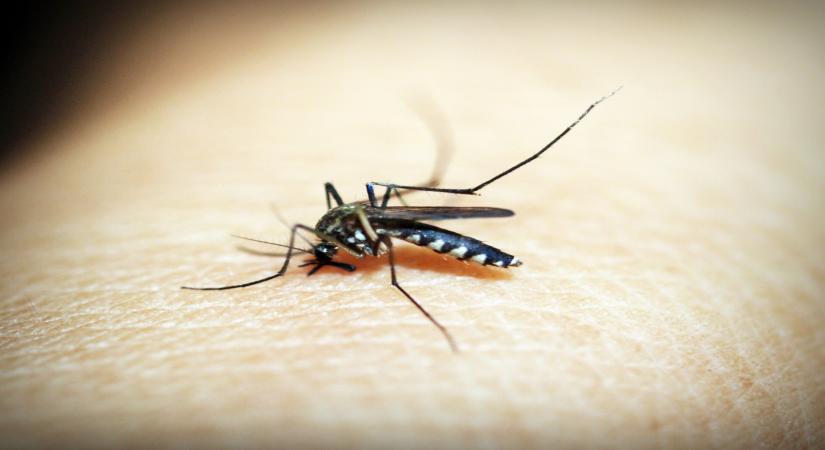A novel monoclonal antibody developed by US researchers has demonstrated strong protection against malaria in an early clinical trial, raising hopes for a new preventive approach against the deadly disease.
The antibody, named MAM01, was tested by researchers at the University of Maryland School of Medicine’s Center for Vaccine Development and Global Health (CVD). The trial found that MAM01 provided dose-dependent full protection against the malaria parasite with minimal side effects.
“This new monoclonal antibody could transform how we prevent malaria in young children and pregnant women,” said Kirsten E. Lyke, lead author and Professor of Medicine at the university. “Unlike vaccines that may require multiple doses or boosters, a single injection of a long-acting antibody could provide immediate, months-long protection. It’s a fundamentally different way to stop infection before it starts.”
Malaria remains a leading cause of death among children in sub-Saharan Africa, claiming over 600,000 lives annually worldwide, with limited effectiveness from existing treatments and vaccines.
Monoclonal antibodies (mAbs) are laboratory-made proteins that mimic the body’s natural immune defenses. The study, published in The Lancet Infectious Diseases, showed that MAM01 targets a highly conserved region of the Plasmodium falciparum circumsporozoite protein, blocking infection before the parasite reaches the bloodstream.
The Phase 1, double-blind, placebo-controlled trial enrolled 38 healthy adults aged 18–50 with no prior malaria exposure. Participants received a single dose of MAM01 or a placebo and were later exposed to mosquitoes carrying malaria under controlled conditions known as a challenge study.
Results showed that none of the participants who received the highest dose of the antibody developed infection, while all participants in the placebo group did. No treatment-related serious adverse events were reported.
“These early results suggest that this monoclonal antibody can provide reliable protection against malaria, which continues to disproportionately affect children in low- and middle-income countries,” said co-author Matthew B. Laurens, Professor of Pediatrics. “This is an important proof-of-concept for the field and a step forward for health equity.”
-IANS














